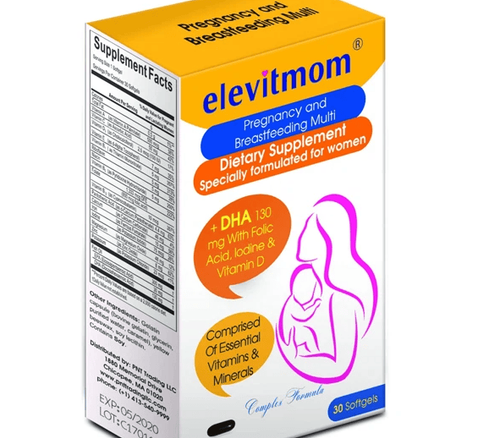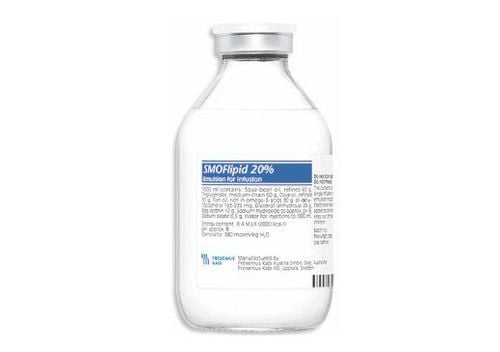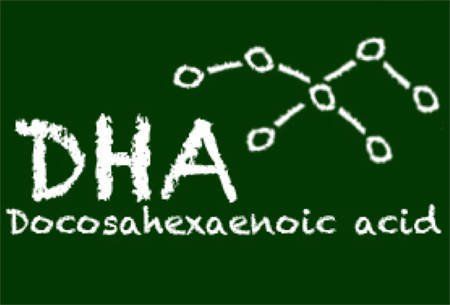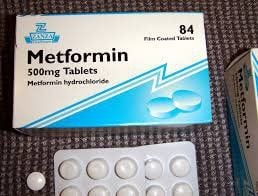This is an automatically translated article.
The article was professionally consulted by Specialist Doctor II Ho Viet Le Diem - General Internal Medicine - Department of Examination & Internal Medicine - Vinmec Central Park International General Hospital.Omega 3 fatty acids are one of the very good fats for the body, they help reduce the risk of cardiovascular disease, depression, dementia. However, the human body does not produce omega 3 fatty acids on its own, so it is necessary to supplement omega 3 through foods, fish oil... in a reasonable manner.
1. What is Omega 3?
Omega 3 is an essential fatty acid for the body. We cannot synthesize and create omega 3 on our own, so the only way to make fatty acids is to supplement with foods rich in Omega 3. The three most common types of omega 3 fatty acids are Eicosapentaenoic acid (EPA), Docosahexaenoic acid (DHA) and Alpha lipoic acid (ALA).In addition to Omega 3, we often hear about Omega 6. Omega 6 is also a type of unsaturated fatty acid that helps protect the heart and accelerate wound healing. The body cannot make Omega 6 on its own.
2. The benefits of using Omega 3 rationally
Currently, there is no standard as to how much Omega 3 should be supplemented each day. Health organizations give different levels, but the difference is not significant.In general, health organizations recommend a minimum of 250-500mg per day of a combination of EPA and DHA for adults to maintain overall health.

Omega 3 rất tốt cho tim mạch
Cardiovascular disease: According to a study conducted with 11,000 subjects with combined use With EPA and DHA 850mg/day for 3.5 years, about 25% of people who did it had a reduction in heart attacks and a 45% reduction in sudden death. According to the American Heart Association, people with coronary artery disease should get a combination of 1,000mg of EPA and DHA per day, while those with high triglycerides (triglycerides) need 2000-4000mg/day.
Depression and anxiety: Studies have proven that, taking high doses of Omega 3, from 200-2,200 mg/day can reduce symptoms of depression and anxiety. For cases of mental and mood disorders, it is recommended to supplement with a higher amount of EPA than DHA.
Cancer: Eating a lot of Omega 3 helps reduce the risk of diseases such as breast cancer, prostate cancer, colon cancer. For children and pregnant women, Omega 3 fatty acids are very important especially DHA. DHA plays a very important role for women before, during and after pregnancy. In addition to the amount of DHA that you regularly supplement, during pregnancy and breastfeeding you need to supplement with 200mg of DHA per day. Health organizations recommend giving infants and young children 50-100mg of a combination of EPA and DHA per day.
Western diets contain about 10 times more Omega 6 than Omega 3. Omega 6 fatty acids come mainly from vegetable oils.
Health professionals recommend that, to ensure optimal health, the ratio between Omega 6 and Omega 3 should be 2:1.
To improve Omega 3 deficiency, not only need to supplement from the diet, but also need to consider to reduce the amount of Omega 6 from vegetable oils. Your body will function at its best when the amount of Omega 6 and Omega 3 is balanced.
The US Food and Drug Administration (FDA) announced that Omega 3 supplements are safe if not exceeding the threshold of 3000mg / day.
The European Food Safety Authority notes that a safe level of Omega 3 supplements is not to exceed the threshold of 5000mg/day. These warnings are in place for a variety of reasons, and by some people Omega 3 can cause blood thinning.
For this reason, many medical organizations recommend that people who need surgery should not take Omega 3 supplements before one or two weeks. Supplementing with 5,000 mg of Omega 3 per day has not been shown to provide any specific benefit, so it should not be taken up to this threshold.
3. Note when supplementing with Omega 3

Khi bổ sung Omega 3 cần tìm hiểu xem nó chứa bao nhiêu EPA và DHA
Depending on the amount of EPA and DHA in a dose, you may need to take up to 8 capsules for optimal levels. Everyone has different needs for Omega 3, so the need for Omega 3 supplements will also be different. A minimum of 250mg and a maximum of 3000mg of combined EPA and DHA per day is recommended. Omega 3 is one of the essential and wonderful nutrients of the body, helping to reduce the risk of cardiovascular diseases while helping to reduce neurological and mental diseases. Omega 3 supplements every day are very necessary, but need to be supplemented in a reasonable way to help you maintain your best health.
Please dial HOTLINE for more information or register for an appointment HERE. Download MyVinmec app to make appointments faster and to manage your bookings easily.
Reference source: healthline.com












